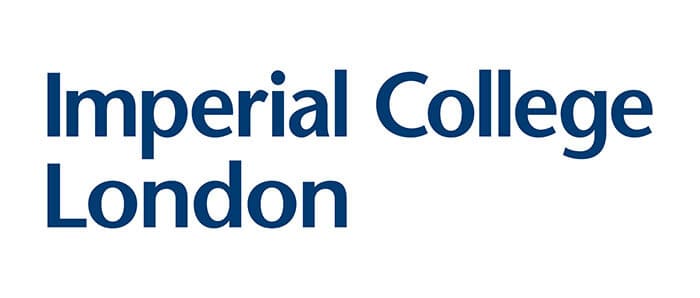2022 Research Award
Development of a core outcome set for type B aortic dissection

Project Overview
Type B aortic dissection (TBAD) is a disease that can kill people of any age and has a 30-day mortality rate of 13.3% during the acute phase. TBAD has a bimodal age distribution, which means that it is most common in younger people with connective tissue aortopathy and in older people with high blood pressure.
By 2050, the number of TBAD cases in the UK is expected to double, from 3,892 in 2010 to 6,893.
90% of TBAD patients are discharged from hospital alive thanks to medical care, which involves strict blood pressure control and following surveillance imaging. However, current aortic remodelling to prevent dilatation or dissection in the longer term is only sufficient to support 25% of these patients, with a resulting 3-year survival of only 76% due to late rupture. As a result, this inadequate modelling is a significant late source of morbidity, mortality, and resource use.
Because of the potentially fatal consequences such as stroke, paraplegia, and potential type A dissection, consensus and evidence in favour of surgical therapies to induce aortic remodelling in subacute/chronic TBAD remain unclear.
The choice of outcomes that are assessed and reported, as well as the decisions on the course of therapy, should therefore engage patients as important stakeholders. The impacts of therapies will be captured in a form that is pertinent and meaningful to patients if they are involved in outcome measures.
Project Aim
This research project aims to create a core set of outcomes for research on TBAD treatments that consider the needs of patients and other important stakeholders as well as to enhance the subsequent gathering of data for TBAD management.
The study will be open to participants from the UK & Ireland, Denmark, Holland, Italy, Spain, Sweden, and Switzerland. Patient participants will meet the following requirements in order to participate:
- Adult (>18 years old)
- TBAD that was previously corrected
With assistance from the European Society of Vascular Surgery, The Aortic Dissection Charitable Trust, Circulation Foundation, Imperial College London and COMET Initiative, results will be made public at the end of 2023.
Project Lead
Matthew Machin
Imperial College London, UK
At Imperial College London, Matthew is an NIHR Academic Clinical Fellow in Vascular Surgery. His areas of interest are clinical trials with a focus on evaluations of health technology and the usefulness of patient-reported outcome measures. Matthew leads the development of the core outcome set for studies investigating treatments for those with abdominal aortic aneurysms. He aims to achieve the same standard of outcomes for studies investigating treatments for those suffering from type B aortic dissection. These core outcome sets will ensure that patients, their families and carers, and key stakeholders in their care are sufficiently represented in clinical studies. Additionally, Matthew is a research co-investigator for the BHF-funded BEST trial and NIHR-funded PETS trial.

Join the research panel
Would you like to be part of this and future research projects? As a survivor, relative or family member who has lost a loved one to AD, your experience and opinion are vital.

Privacy Policy | Accessibility
The Aortic Dissection Charitable Trust
Registered charity in England & Wales No. 1191420
Registered charity in Scotland No. SC051517
PO Box 812, Hope Valley, Chesterfield S40 9QY
The information and materials on this site are for general information purposes only. This site is not designed to provide individual medical advice, diagnosis or treatment. If you have any concerns, please speak to your GP. If you believe you have a medical emergency, call 999 immediately.

